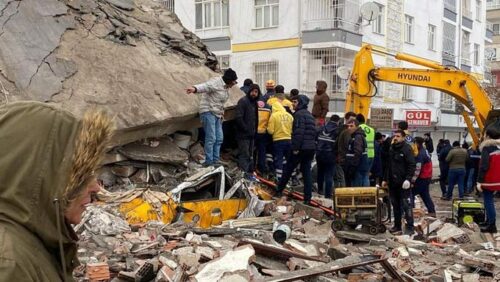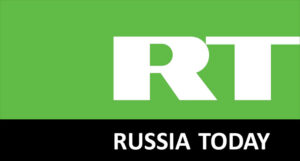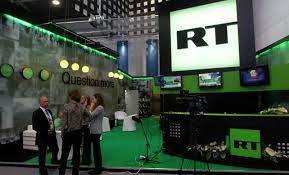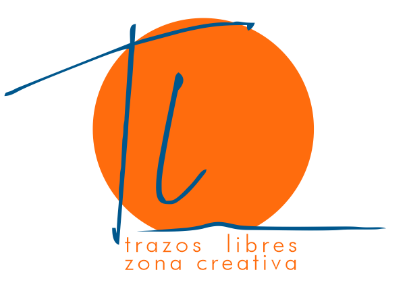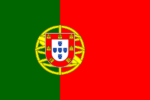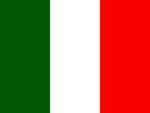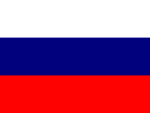The Kremlin room, where the talks took place, first three hours between Russian President Vladimir Putin; and his similar Turk, Recep Tayyip Erdogan, and then at the level of delegations, was full of symbolisms. One of these is a portrait of former Empress Ekaterina II. With the background image of the official winner for the Russian crown in the long Russian-Turkish war for the possession of Crimea, Erdogan had to show all his ability to be realistic, before a serene and almost certain Putin to reach an agreement on at least two points.
The arrangement is very positive: a regime of cessation of hostilities, a demilitarized zone around the M-4 road and a joint patrolling of that strategic artery between Turkish and Russian military are imposed.
Russia never ceded the positions occupied by the Syrian Army such as the city and Saraqueb, which dominates the M-5 highway between the cities of Damascus and Aleppo, and other towns recovered in the Syrian province of Idlib, bordering with Turkey and where that Country was looking to get strong.
Experts of the Voenoe Obozrenie digital media point out that Turkey calculated everything badly, because he thought that his forces would be superior to the Syrians in Idlib and that Russia was never going to participate in the fighting to avoid spoiling the ties with Ankara.
But, on the contrary, Russia reacted drastically, supported the Syrian forces by rejecting the offensives of terrorist groups, including with Turkish support, and carried out actions that alerted Ankara about her willingness to strongly support the Syrian Army.
Turkey initially achieved some superiority with the massive use of assault drones against positions of the Syrian forces, but these moved Idlib precision anti-aircraft weapons, which led to the destruction of at least eight drones.
The Russian publication comments that Syrian forces, a large part of these elite, which had support in the field of the Lebanese movement Hizbullah and the Palestinian guerrillas, managed to repel all attacks by extremists, launched hours before the talks in the Kremlin .
All this did not give Erdogan the best options to impose conditions in the meeting with Putin, the digital media estimated.
Russia got Turkey to recognize in the aforementioned document the need to maintain the territorial integrity of Syria and to respect its sovereignty, as well as the commitment to combat terrorist groups recognized by the UN, as are almost all those gathered in Idlib.
In addition, the agreement threw out Washington’s possible plans to achieve a confrontation between Moscow and Ankara in Idlib, while also confirming the interest of both nations to maintain the level of reconciliation achieved to continue cooperation.
Putin and Erdogan attended the recent inauguration of the Turkish Torrente gas pipeline, which carries gas, through the Black Sea, to a town near Istanbul, from where it arrived in Bulgaria, which must now guarantee the extension to Serbia.
Turkey also strengthened its military-technical cooperation with Russia by acquiring the S-400 anti-aircraft complexes, which caused a dispute with the United States, which came to threaten sanctions.
Similarly, Russia managed, at least formally, to conserve the trio of guarantors of peace in Syria, which also includes Iran.
Local press media believe that Putin must also maintain constructive dialogue with Erdogan, who will soon have to go to elections before an opposition that accuses him of treason to the Fatherland for giving ground in the case of Idlib and for negotiating with Russia.
For the Turkish radical opposition it is at least a political mistake to sit down at the table of talks with an ally of a government such as that of Syrian President Bashar Al Assad, whose overthrow was never hidden by Ankara.
The truth is that in Moscow, a healthy interest shake was achieved that resulted in a pragmatic agreement to end the fighting. However, it will be necessary to test in the field, if the opposing parties really decide to comply with the postulates of the arrangement.
sus/mgt / to


